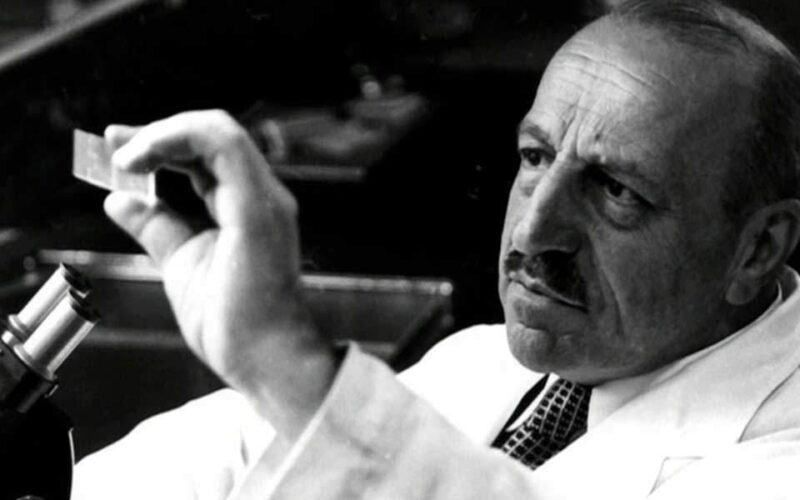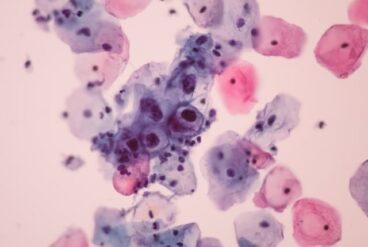
Born in 1883 in Greece, he graduated from the Medical School of the University of Athens, Greece. He continued with post-graduate studies and a PhD in Germany. He returned to Greece and fought in the Balkan Wars in 1912-13. He then immigrated with his wife to the USA and was hired by Cornell University in 1914. In 1928 he published his first paper on the early diagnosis of cancer. In 1941 he published his findings on the value of studying cells from vaginal and cervical smears and in 1943 he published, together with Trauth, his classic and famous study that established the preventive examination of cervical and vaginal smears for the early diagnosis of cervical cancer.
Population screening was immediately implemented in the USA, also spreading to Europe after 1960.
In 1954 he published the Atlas of Exfoliative Cytology, which is considered a monumental opus, where techniques for studying cells from various body organs are described. He visited Greece in 1957 and received many honors.
Papanikolaou had the satisfaction of seeing his work recognized on a global scale during his lifetime. He had received countless expressions of gratitude and had been honored internationally with many awards and distinctions. In 1961, he was appointed Director of the Anticancer Research Institute that was founded in Miami, Florida, which was given his name. He worked until the last days of his life. He died of a heart attack in 1962.





